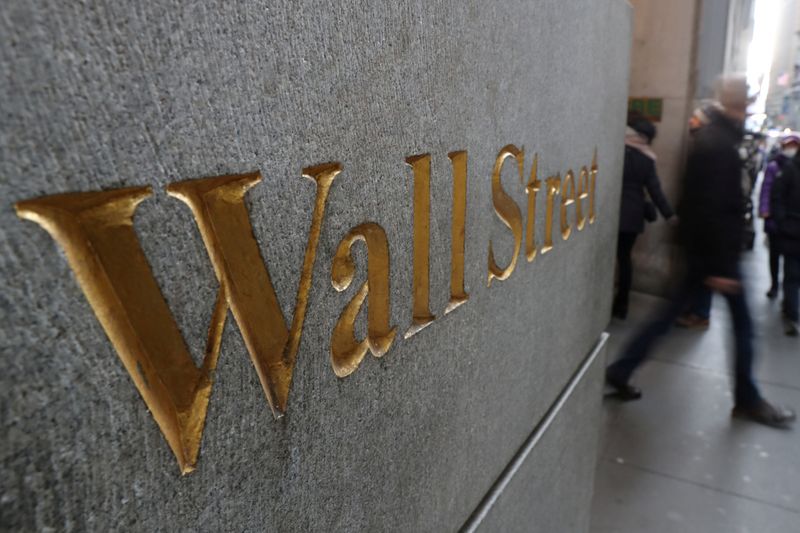By Imani Moise and David French
(Reuters) - As top investment bankers orchestrated major deals through Zoom during the coronavirus pandemic, junior staffers say they were often sitting home, bored and alone, discouraged by an industry that has struggled to retain fresh talent.
In interviews, several analysts and associates explained what it has been like to work remotely rather than shadow mentors by day and build Excel models by night at the office.
One associate described spending most summer workdays on the couch watching ESPN and learning how to paint.
As a general-assignment analyst at a mid-size investment bank, he previously got thrown on any deals where teams needed help. The pandemic stifled those requests, because senior bankers opted to handle more work themselves rather than rely on juniors they could not easily supervise, he said.
A Barclays (LON:BARC) PLC associate recalled spending most of 2020 working on what bankers disparagingly call "science projects." Those are research assignments not tied to any live deal or paying client.
Like others, those two staffers spoke anonymously for fear of retribution from their employers. A Barclays spokesperson declined to comment.
Some junior staffers had busier schedules or more engaged bosses but largely painted an atmosphere where they felt forgotten and unnecessary, rather than one where they were being groomed for success.
“The fear that clients have is that they may be more susceptible to leaving now simply because they don't have the cultural norms, they don't have the personal loyalty or allegiances to people," said Alan Johnson, head of compensation consulting firm Johnson Associates Inc.
Wall Street banks were already struggling to attract and retain young talent before the pandemic.
Investment firms and technology companies were luring young staff with comparable pay and shorter hours. Plus, Wall Street's reputation suffered from the 2007-2009 financial crisis and a spate of junior-staffer deaths attributed to grueling schedules.
Banks rolled out policies to boost morale, including limits on how many hours analysts could work. But negative experiences during the pandemic may harm retention in an industry that sees about 85% of analysts leave investment banks within two years, according to recruiting firms.
“On the turnover side, March or April will begin to tell the tale," Johnson said. "I have told (clients) they're going to see an unusual amount.”
The value of M&A globally dropped 5% last year to $3.6 trillion, according to Refinitiv data. Global underwriting businesses fared better, with debt offerings up 31% to $10.2 trillion and equity offerings up 57% to $1.1 trillion.
That kept senior dealmakers busy.
For them, remote work from swanky urban apartments or far-flung chalets was not so bad. For those at the bottom of the ladder, it sometimes meant working from kitchen counters in cramped studios or childhood bedrooms.
Some returned to offices when infection rates fell. The change in scenery was nice but working from a mostly empty building did not cure loneliness brought on by the pandemic, said a JPMorgan Chase & Co (NYSE:JPM) associate who returned occasionally over the summer.
Yvana Petros, a senior analyst in Citigroup Inc (NYSE:C)'s public sector group, was one who bucked the trend.
She maintained a running list of COVID-19 actions by governments before the International Monetary Fund started publishing an official list and offered it to senior bankers for client presentations. That got Petros invitations to Zoom meetings with government officials that she could not have attended in person.
"I found myself taking on responsibilities that were greater than what a first-year analyst typically would (get)," she said. "That was an opportunity for growth."
Some executives also paid special attention to juniors.
Elinor Hoover, who heads Citigroup's consumer products group, launched virtual events like trivia or a “guess the desk” game where staffers submitted photos of their work set-ups anonymously and tried to match them with the right colleagues.
Along with one-on-one check-ins, the games are part of an “aggressive” effort to connect with the department's 60 junior bankers, she said.
Some are too disillusioned to stay in the industry.
The Barclays associate moved to his parents' home when his lease expired in July. His mother asked if banking was the right career after seeing him work until 3 a.m.

He is now looking for a job in business development.